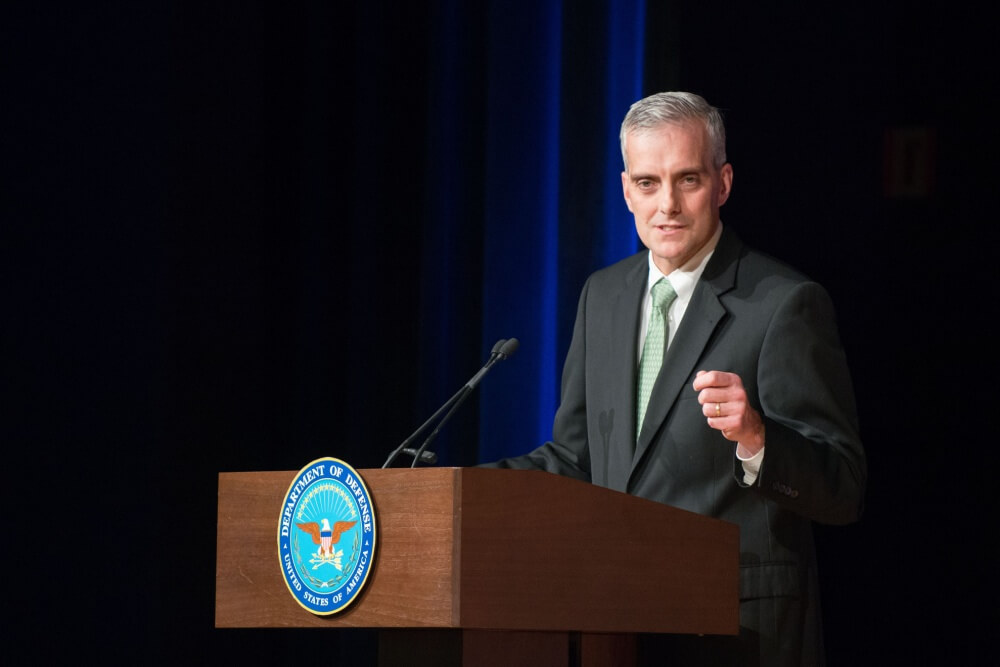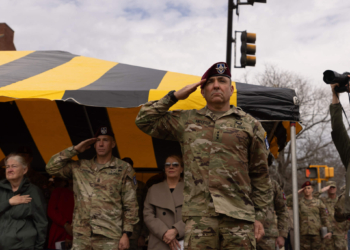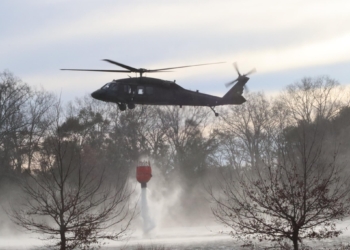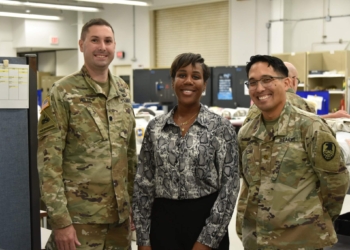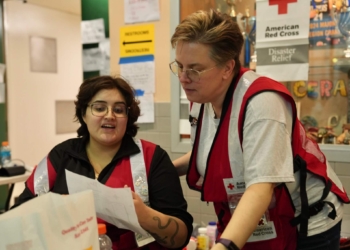A change in leadership often brings a fresh perspective and set of priorities, and several veterans service organizations are optimistic that a new VA secretary will mean an opportunity to push agendas that best serve veterans.
Shortly after the Senate voted to confirm Denis McDonough as Secretary of Veterans Affairs, we reached out to several VSOs to gather opinions on what should top his list of goals.
“We are looking forward to working with him,” said Mario Marquez, national legislative director for the American Legion. “Our number one priority is taking care of veterans and their families.”
Marquez said that in the short term, that looks like addressing issues brought on by COVID-19, including reducing the significant CMP (comprehensive medical panel) backlog that is preventing veterans from being able to adjudicate health claims as well as eliminating financial boundaries that stop the elderly, particularly World War II vets, from receiving care.
He noted that mental health is a “perennial issue,” but particularly crucial in this time of increased isolation.
“We have these veterans who go from being in a highly-connected social environment, and they go back into a society where people are much more individualistic, where the idea of being part of a community is more than about just being co-located geographically.”
Marquez said the Legion works on connecting secluded vets through its Buddy Checks program, and he would like the VA, under McDonough’s tutelage, to join the organization in implementing a Buddy Check week that encourages peer support and engagement through vets reaching out and checking in with one another.
AMVETS’ National Communications Manager Miles Migliara agrees mental health should be at the forefront of McDonough’s plans for reform — the number one priority, in fact.
“It’s no longer sufficient for the Department of Veterans Affairs to congratulate themselves on 1-2% gains when 6,000-plus veterans lose their lives every year,” he said. “We need a paradigm shift with regards to mental health and suicide. We can continue with the status quo, or we can create meaningful change.”
He suggested that the VA becomes more receptive to alternative mental healthcare treatments and programs, such as acupuncture, equestrian therapy, and more.
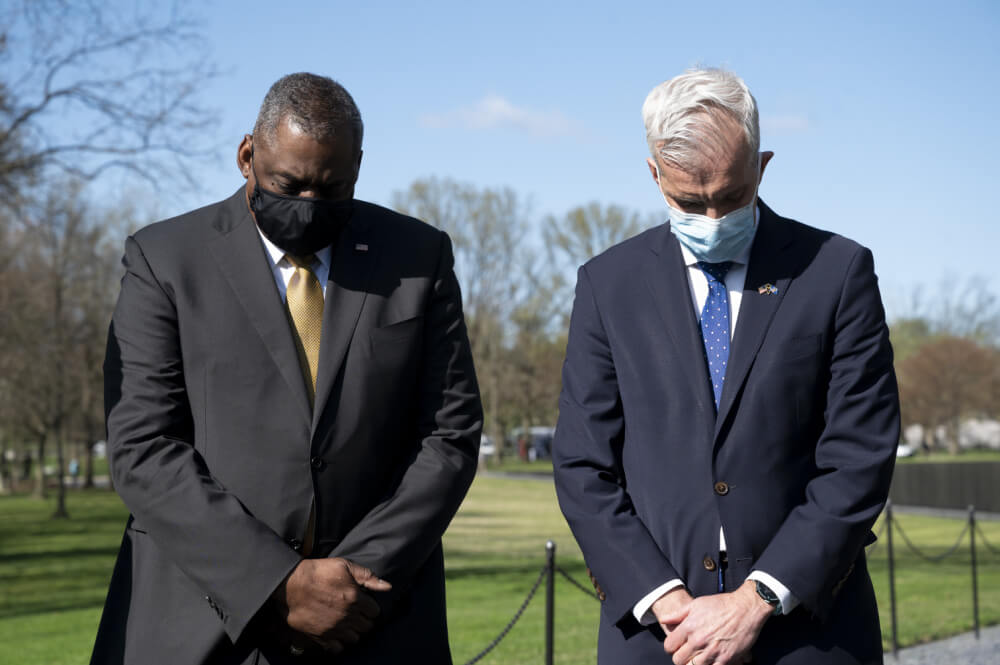
“The President’s Roadmap to Empower Veterans and End a National Tragedy of Suicide (PREVENTS) executive order, signed into law in 2019, allows for funding and resources to be provided to certain non-traditional methods programs in an effort to curb veteran suicide,” Migliara said. “It is crucial that the VA provides whatever support possible to see that these programs succeed.”
Another pertinent piece of legislation, he said, is the MISSION Act, also signed into law in 2019, that allows rural vets to more easily receive healthcare close to home. Also on the AMVETS wish list? Formulating and executing a better plan of action and culture of tackling and preventing sexual assault on VA campuses and creating a more welcoming environment for women and minority veterans.
Marquez echoed the same sentiments, especially since women are the fastest-growing veteran demographic, he said.
“They are more engaged at the VA as a result of their service,” he said. “And they are not traditionally set up to address the needs of women veterans. The VA needs to make adjustments to make sure they receive the gender-specific care they need.”
Hannah Sinoway, executive vice present, organization, strategy, and engagement, of Iraq and Afghanistan Veterans of America (IAVA), said they are focused on oversight of the implementation of both the Johnny Isakson and David P. Roe, M.D. Veterans Health Care and Benefits Improvement Act and the Commander John Scott Hannon Veterans Mental Health Care Improvement Act. Both of these bills would decrease gaps in care for women veterans, as well as make much-needed updates to mental health care and outreach to veterans that are not connected to VA services, she noted.
She said IAVA believes that McDonough brings senior leadership, policy, and Congressional expertise to the VA, as well as a beneficial and strong personal connection to the President.
“Running VA is a massive job that few are fully prepared for on day one,” she said. “He has an incredibly steep learning curve in front of him. But he also has the ear and respect of President Biden as well as the ability to bring about policy reforms and attention by the White House and senior leaders that are needed for the improvement of VA. In his first few weeks, IAVA has been encouraged by his outreach and communication to the VSO community and we look forward to continuing our work with him.”

